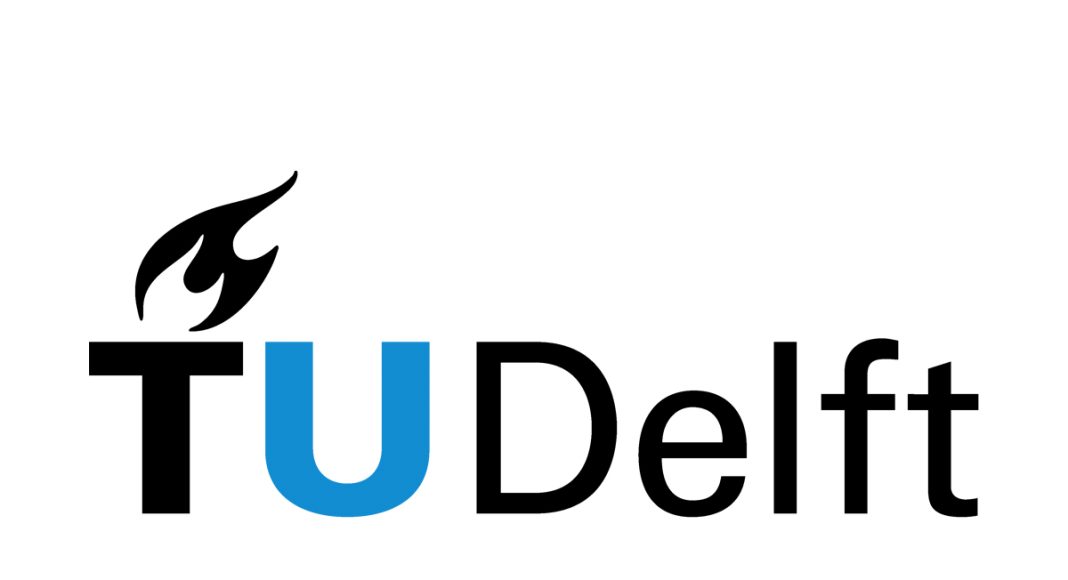At TU Delft’s Faculty of Aerospace Engineering, our research ranges from self-healing materials and affordable offshore wind turbines to cyclist aerodynamics, human–machine interaction in cockpits, and next-generation pocket cubes
Scientific staff, PhD candidates, and MSc students at the faculty conduct both fundamental and applied research using state-of-the-art facilities.
Members of the Department of Space Engineering are actively involved in numerous international platforms and advisory groups, including several ESA science and mission advisory boards, sections of the International Association of Geodesy, the European Geophysical Union, and European initiatives focused on planetary and geosciences, as well as US-related research projects. The group’s interest in the geophysical interpretation of time-variable gravity data began even before the GRACE satellite mission.
Space Miniaturization and Distributed Space Systems
Moreover, we focus on Space Miniaturization and Distributed Space Systems. At the same time, feasibility studies and software development were initiated for the interpretation of various satellite missions, for example, GOCE gravity data, making the group one of the few worldwide to focus on solid Earth applications of GOCE.
Planetary Exploration (PE)
In the Planetary Exploration (PE) section of the Department of Space Engineering, the geo- and planetary science component has been firmly established. The PE section is dedicated to the exploration of the solar system and planets beyond.
Our research projects focus on studying planetary surface processes and materials, the interiors of planets and moons, as well as planet formation and exoplanets. Through laboratory and computational methods, we contribute our expertise to both upstream and downstream applications in space missions and instrument development.


